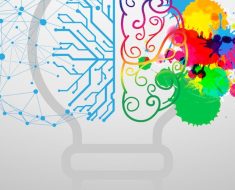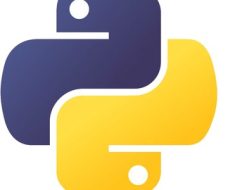The Chinese Communist Party (CCP) has significantly increased its regulatory measures to ensure that all AI technologies align with its ideological principles. This move marks a major step in extending the country’s already stringent censorship practices into the realm of AI.
AI Firms Under Government Scrutiny
The new regulations mandate that all AI companies must undergo government reviews. This is to confirm their large language models (LLMs) reflect “core socialist values,” according to a report by the Financial Times. This development is a natural extension of China’s “Great Firewall,” which blocks content deemed harmful to the CCP.
Now, AI technologies, including those developed by companies like ByteDance and Moonshot, must adhere to these censorship guidelines.
Key Points to Know
- Core Socialist Values: All AI models must incorporate and reflect the core socialist values as defined by the CCP.
- Extended Censorship: The stringent censorship policies of the Great Firewall are now being applied to AI technologies.
- Controlled Responses: AI systems are designed to manage sensitive queries with controlled responses rather than outright rejections.
How the Chinese Approach Works
To comply with the new regulations, AI systems are programmed to handle restricted queries delicately. Instead of rejecting questions outright, which could be deemed excessive, these systems provide generic responses. For example, “try different questions” or “I have not yet learned how to answer that question.”
Policies state that these LLMs should not reject more than 5% of all questions to avoid over-blocking. Instead, politically correct blanket answers are used to manage sensitive topics. They ensure that the responses are in line with the government’s approved narrative.
Impact on Global AI Development
Arthur Herman, a senior fellow at the Hudson Institute, warns that China’s control over information through AI poses a significant threat. He highlights the potential for AI applications, like TikTok, to manipulate global populations. He also suggests that this is part of a broader strategy to influence and control public perception worldwide.
As AI technology continues to evolve, tools like Synthesia could play a crucial role in this landscape. Synthesia, known for its advanced video creation capabilities using AI, could be harnessed to create content that aligns with CCP values. This will further solidify the government’s control over information.
The Future of AI in China
The implications of these regulations are vast. For AI startups and tech companies operating in China, understanding and adhering to these new rules is crucial. Failure to comply could result in severe consequences, including fines or even shutdowns. This regulatory landscape also raises questions about the future of innovation in China, as this might force companies to prioritize compliance over creativity.
While the aim of the AI Act is to ensure ethical AI use, it also raises concerns about the potential stifling of innovation. Tech startups in China will need to navigate this complex landscape. How? By balancing the need for compliance with the desire to push the boundaries of AI technology.
The Bottom Line
This move by China sparks a broader global debate about the role of government in regulating AI. While some argue that regulation is necessary to prevent misuse, others fear that excessive control could hinder technological progress and innovation.
China’s increased control over AI through these new censorship regulations highlights the growing intersection between technology and politics. As AI continues to shape the future, the actions taken by countries like China will determine the use of this powerful tool.
By understanding these developments and their implications, tech companies and AI developers can better navigate the challenges and opportunities that lie ahead in this rapidly evolving field.





